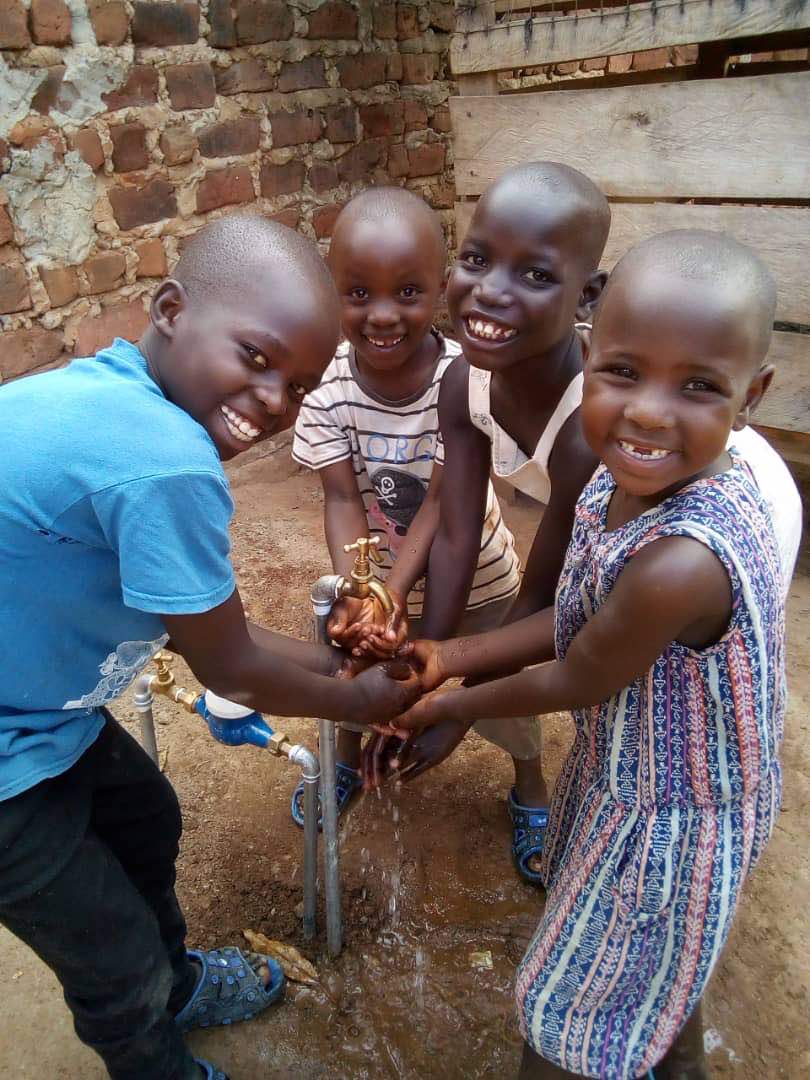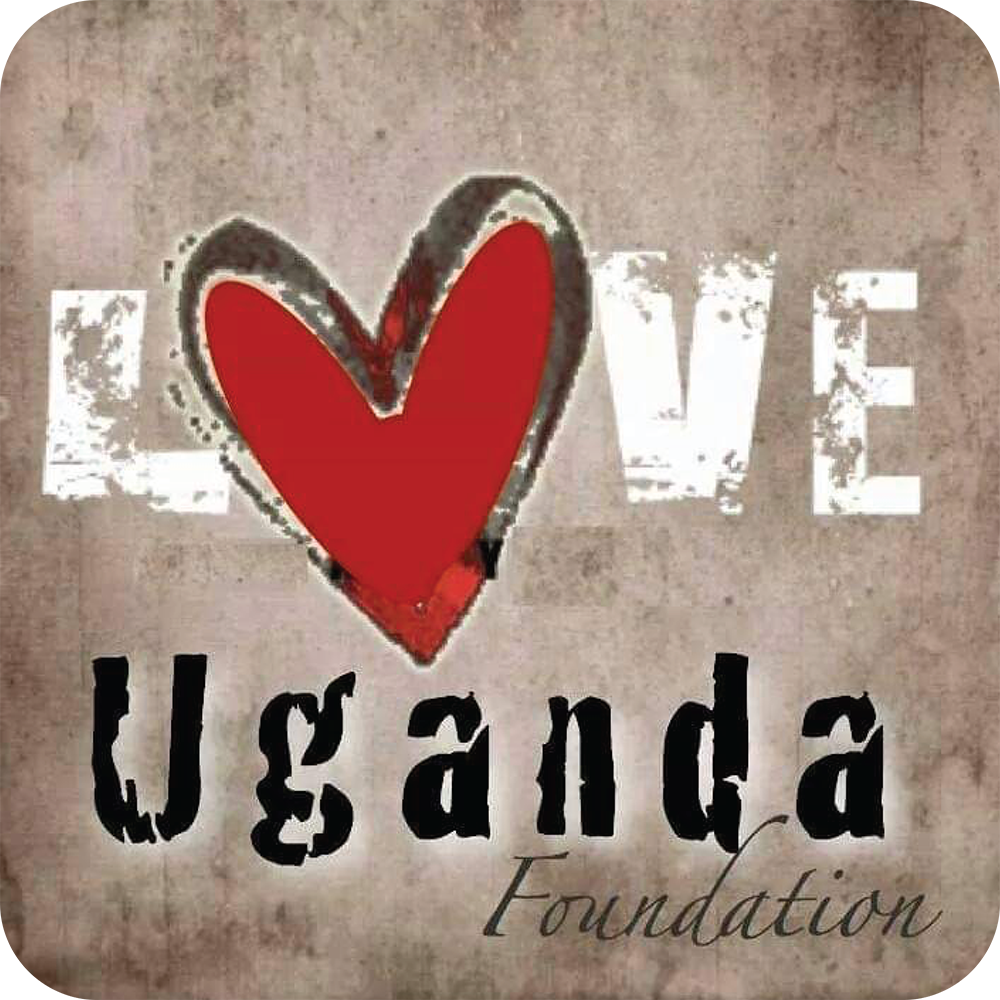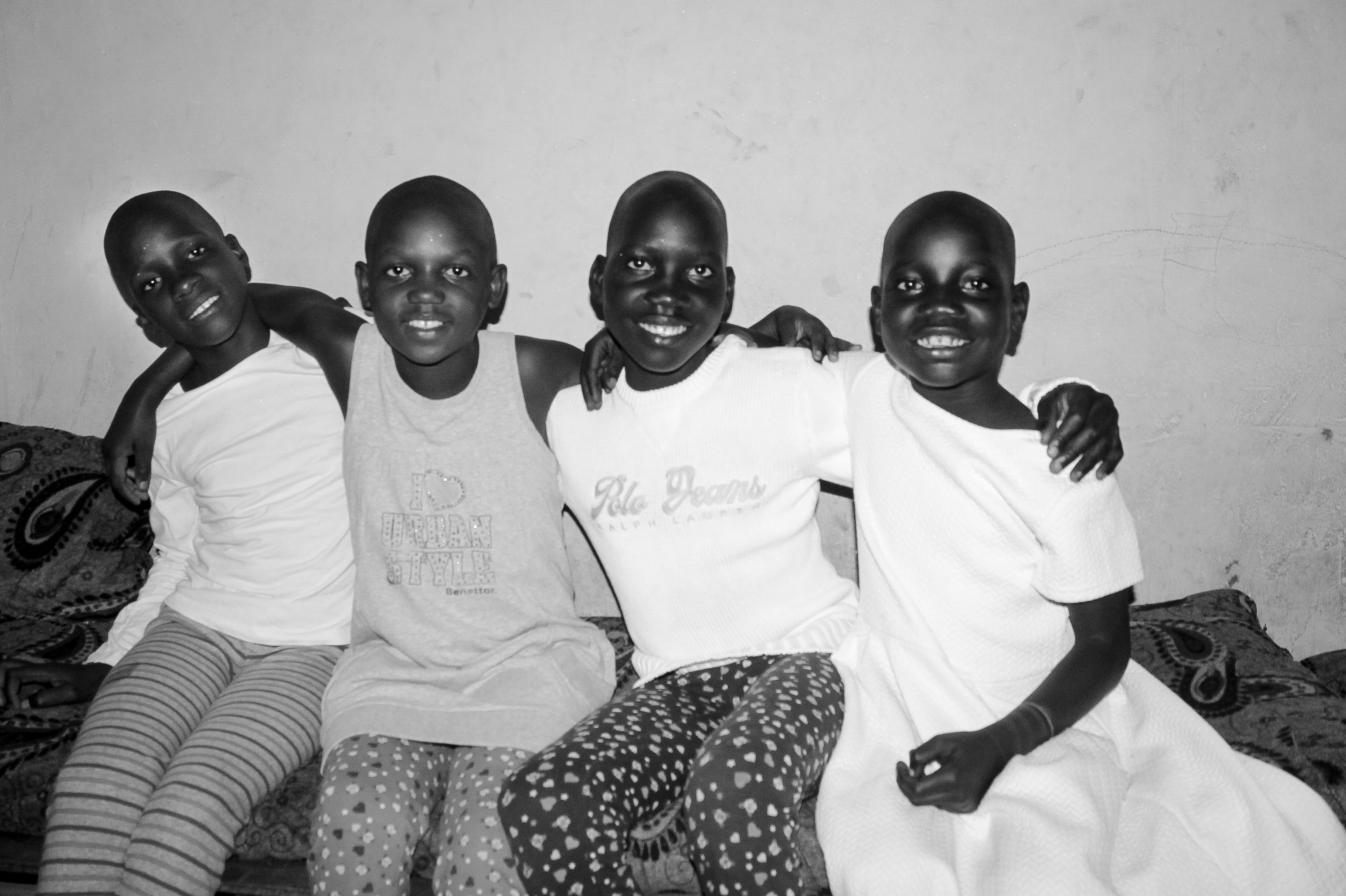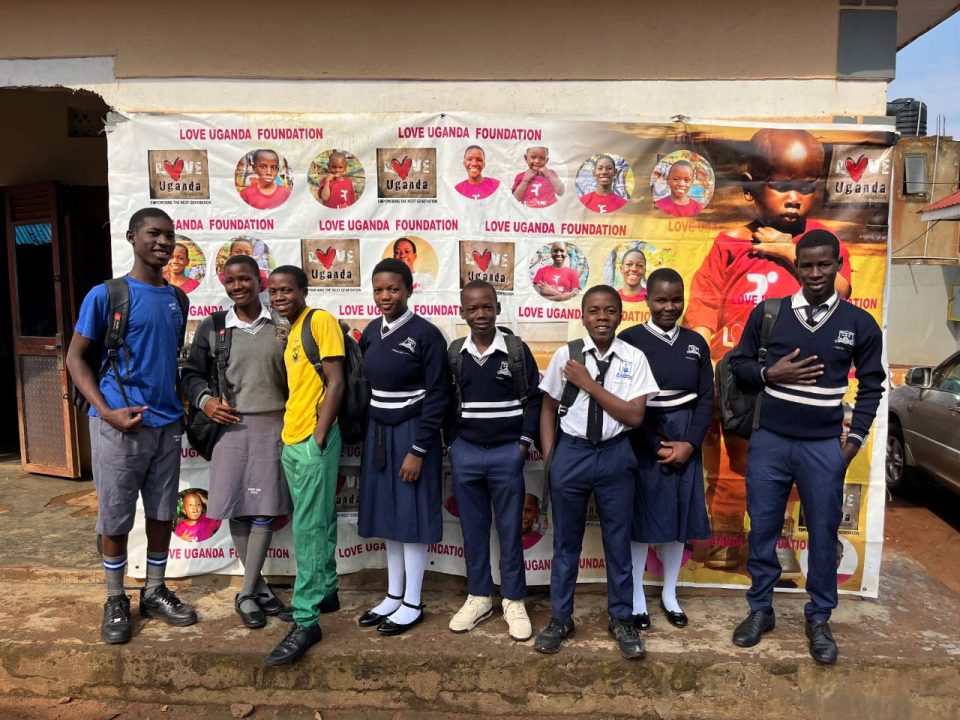CHANGING THE LIFE OF A GIRL CHILD IN UGANDA.

TAP WATER AT LOVE UGANDA FOUNDATION HOME
March 16, 2019
IMPACT OF POVERTY IN UGANDA ON THE LITTLE ORPHANS
April 25, 2019These are efforts and activities aimed at changing the life of a girl child in Uganda as well as creating an environment where girls can have a voice in economic, political and cultural issues. These girls’ empowerment activities boost their self-esteem and allow them to participate on an equal platform as their male counterparts.
School is one of the spaces in which girls exercise their agency, make their voice heard, and access their first leadership opportunities. As a result of gender inequality in education, most girls are denied chance to develop skills that will help them take charge in their homes, careers, communities and countries.
Providing girls with basic education is an assurance of giving them greater personal power and independence. They will be able to make better informed decisions for themselves other than depending on others. This must not be a luxury but rather a necessity if we are changing the life of a girl child in Uganda.
Going by just the fact that the world will have healthy and happy girls with such a move should be motivation enough for us to promote girl – child rights. If we look at the bigger picture, an educated woman may also contribute to society in several ways with her skills and confidence. Her efficiency as a mother, worker and a citizen of the country are greatly improved.
Literate girls are likely to postpone marriage to an age when they are well prepared mentally and materially. Numerous studies have been conducted that prove how each additional year of schooling brings down fertility rates by a significant percentage. In Uganda alone, infant mortality rates among primary level schooled mothers are half the number of those who are totally illiterate.
Girls do not have as much energy as boys. They are disadvantaged in numerous ways, including limited chances of accessing education and employment opportunities, and in their ability to control their fertility, sexual health and safety from harm, this is the very reason we need to struggle together to change the life of a girl child in Uganda.
Traditions of child marriage violate human rights, cause great suffering, and suppress opportunities for education, freedom and a decent life. Early marriage also leads to big unmanageable families, poverty and causes tremendous risk of maternal death and injury related to childbirth.
In many parts of the world, women often get less pay compared to male counterparts for the same jobs, they are subjected to gender-based violence and discrimination and suffer from misogynistic attitudes and sexist policies that limit control over their own bodies.
Empowering women is the most effective way to reduce fertility rates and in future achieve a sustainable population size that matches the Earth’s carrying capacity. The years a woman spends in school are inversely proportional to the number of children she will bear in her lifetime.
Girl child empowerment through education enables them get knowledge and viable skills to advocate for themselves and their communities, accomplish their goals, and live healthier and more comfortable lives.
Entrenched gender inequalities, discrimination and gender based conflicts can aggravate the situation. Both girls and their families, struggling to survive, are left with few or no choices, leaving them even more vulnerable and exposed to habits like child marriage, sexual and gender-based violence, including trafficking, rape and sexual slavery
Despite these challenges, many girls have managed to play an incredible role in their country, homes and communities, even amidst crises.
They are often the first responders who care for their families and establish networks that ensure social capital and resilience that communities require to survive. Protecting and promoting their rights, health, and well-being is therefore an essential element of crisis preparedness, effective response and recovery.
We can change the life of a girl child in Uganda in numerous ways, these include making schools safe for girls, mobilize communities to support victims of gender-based violence, strengthen legislation and policy to support women and girls and help girls improve their self-esteem.
But education doesn’t stop with girls. school leaders, Parents, community leaders and teachers also need be sensitized and made aware about tirelessly emphasizing the need for educating girl child.There is need to strengthen the rights associated with girls in Uganda. The government has also set up policies that concern the inheritance of the property by girls though this is not yet implemented.
You and I can also support girls in Uganda to enjoy a decent life through either moral or material. Let’s donate to the hurting girls both in villages and towns, give them startup capital, keep them in school and help build a brighter future for them.



